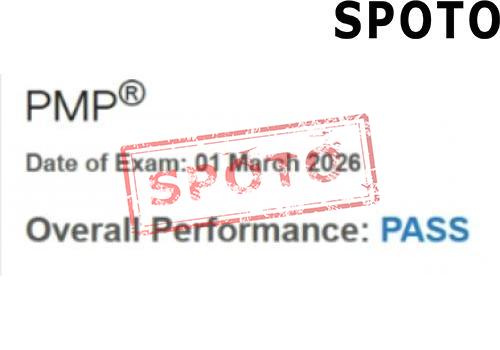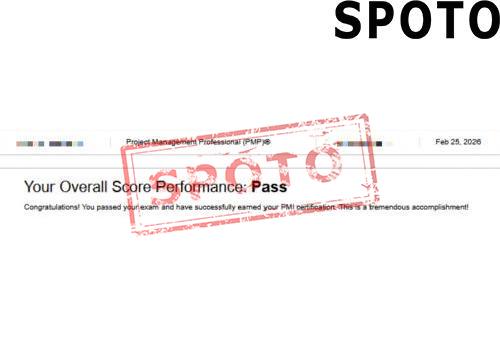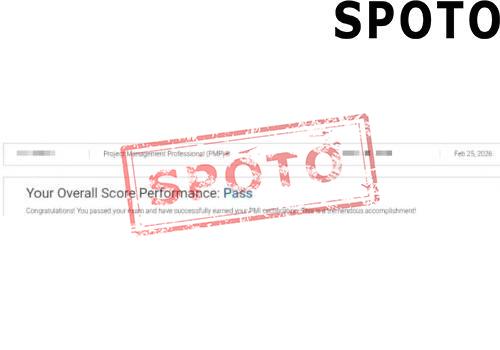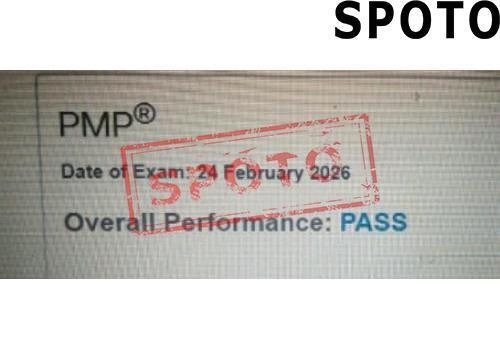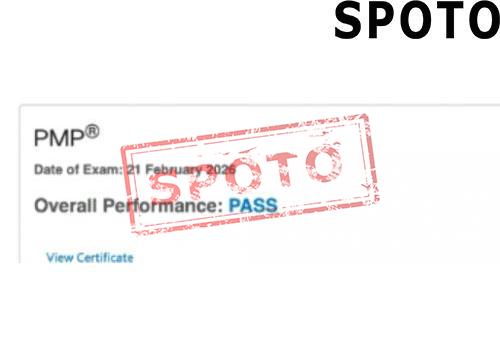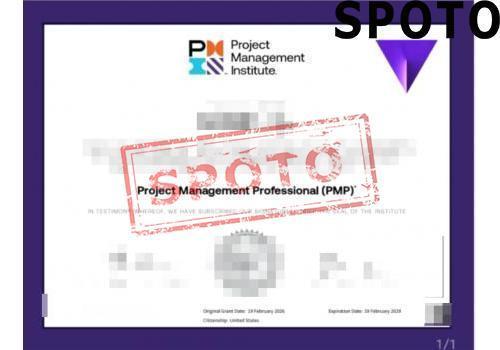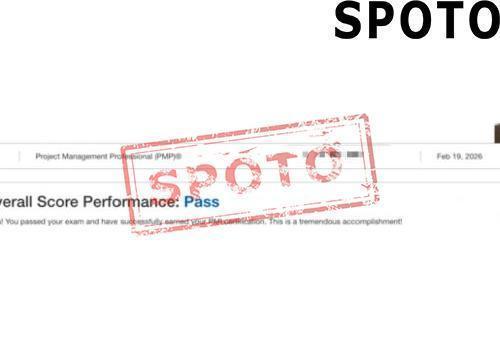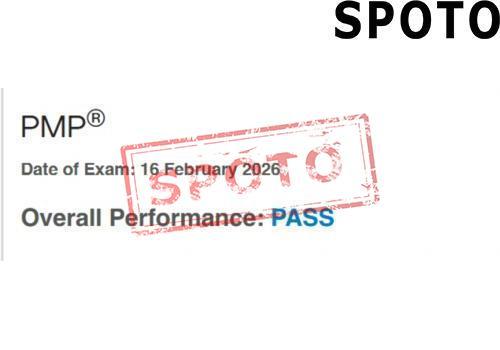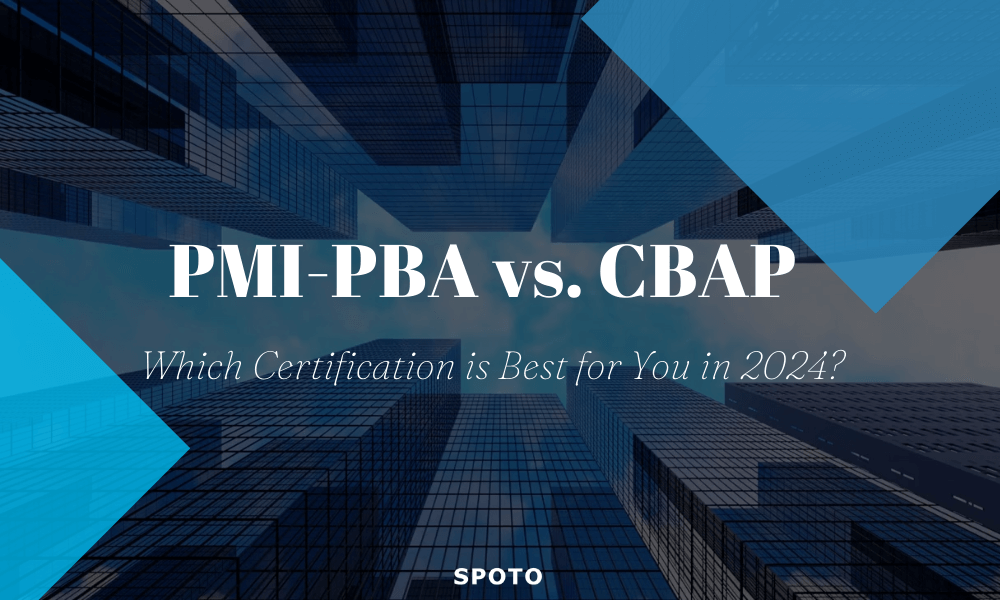
In the current economic climate, with money becoming harder to come by and riskier bets failing, the need for skilled business analysts has become increasingly evident. As businesses struggle and face the challenges of retrenchment, job losses, and scarcity of new opportunities, the role of business analysts in navigating these turbulent times has been brought to the forefront.
Amidst this backdrop, professionals in the field often find themselves at a crossroads when considering which certification to pursue in order to enhance their skills and credibility. Two prominent certifications that are frequently weighed against each other are the Project Management Institute-Professional in Business Analysis (PMI-PBA) and the Certified Business Analysis Professional (CBAP) certifications. Both certifications offer unique benefits and cater to different career aspirations, making the decision a crucial one for professionals seeking to advance in the field of business analysis.
All About PMI-PBA
What Is PMI-PBA?
The PMI-PBA certification is offered by the Project Management Institute (PMI) and is designed for business analysts who work with stakeholders to define requirements, shape project outputs, and drive intended business outcomes. The certification demonstrates that the holder has the skills and knowledge required to effectively identify and analyze business requirements, and to effectively communicate those requirements to stakeholders.
The Eligibility Criteria of PMI-PBA
To be eligible for the PMI-PBA certification, candidates must meet certain educational and professional experience requirements. The eligibility criteria are as follows:
1. Educational Requirement:
- A secondary degree (high school diploma, associate’s degree, or global equivalent) or higher is required.
- 35 contact hours of education in business analysis practices.
2. Business Analysis Experience:
- 7,500 hours of business analysis experience within the last 8 years.
- 2,000 hours working on project teams within the last 8 years.
3. Business Analysis Education:
- 35 contact hours of education in business analysis practices.
4. General Project Experience:
- A minimum of 4,500 hours working on project teams within the last 8 years.
5. Training in Business Analysis:
- 35 contact hours of education in business analysis practices.
The Exam Format of PMI-PBA
The PMI-PBA exam is a 200-question, multiple-choice exam that must be completed within four hours. The exam covers five domains of business analysis:
1. Needs Assessment (18%)
2. Planning (22%)
3. Analysis (35%)
4. Traceability and Monitoring (15%)
5. Evaluation (10%)
Unlock Your Potential with PMI-PBA Free Test!
All About CBAP
What Is CBAP?
The Certified Business Analysis Professional (CBAP) is a professional certification for individuals with extensive business analysis experience. It is offered by the International Institute of Business Analysis (IIBA), a globally recognized association for business analysis professionals. CBAP is designed to recognize individuals who have demonstrated their expertise in business analysis through experience, education, and passing a rigorous examination. The CBAP certification signifies a high level of competence in the principles and practices of business analysis. It demonstrates to employers, clients, and colleagues that the certified individual has the knowledge and skills necessary to effectively identify business needs, recommend relevant solutions, and drive successful business outcomes.
Eligibility Criteria for CBAP
To be eligible to pursue the CBAP certification, candidates must meet certain criteria set forth by the IIBA. The eligibility requirements are designed to ensure that candidates have the necessary experience and knowledge to successfully obtain the certification. The primary eligibility criteria for CBAP include:
1. A minimum of 7,500 hours of hands-on business analysis work experience in the last 10 years.
2. A minimum of 900 hours in four of the six BABOK® Guide Knowledge Areas or equivalent.
3. A minimum of 35 hours of Professional Development in the past four years.
4. Two references from a career manager, client, or Certified Business Analysis Professional (CBAP) recipient.
Exam Format of CBAP
The CBAP examination is a rigorous test of a candidate's knowledge and expertise in business analysis. The exam is based on the Business Analysis Body of Knowledge (BABOK® Guide) – a comprehensive guide to the profession of business analysis – and covers a wide range of topics relevant to the field.
The exam format for CBAP includes:
1. 120 multiple-choice questions.
2. 3.5 hours to complete the exam.
3. The questions are scenario-based and designed to test the candidate's ability to apply their knowledge to real-world situations.
4. The exam is computer-based and can be taken at designated testing centers around the world.
Unlock Your Potential with CBAP Free Test!
The Difference Between PMI-PBA & CBAP
PMI-PBA, which stands for Project Management Institute-Professional in Business Analysis, focuses on the role of business analysis within the context of a project. The PBA knowledge system regards the role of BA as a crucial part of the project team, working alongside project managers and architects to ensure the successful delivery of the project. In the realm of IT projects, where development and testing are key components, the business analyst plays a pivotal role in analyzing requirements and ensuring that the project meets its objectives. This is why PMI introduced the PBA certification, to recognize and validate the expertise of business analysts working within project environments.
On the other hand, CBAP, or Certified Business Analysis Professional, takes a broader approach to the role of business analysis. While CBAP acknowledges the importance of business analysis within projects, it also recognizes that the solutions provided by business analysts may not always be delivered through a project. Business analysts with CBAP certification may find themselves analyzing organizational procedures, identifying problems, and proposing solutions for organizational change and improvement. This broader scope of work positions CBAP-certified professionals as change agents within their organizations, capable of driving organizational transformation through their analytical skills and insights.
The key difference between PMI-PBA and CBAP lies in their positioning of the role of business analysis. PMI-PBA focuses on the business analyst's role within a project, ensuring that requirements are effectively gathered, analyzed, and implemented to deliver successful project outcomes. On the other hand, CBAP positions the business analyst as a strategic thinker and problem solver within the organization, capable of driving organizational change and improvement through their analytical expertise.
PMI-PBA or CBAP, Which Is Better?
For professionals considering which certification aligns with their career aspirations, it's important to consider their professional goals and the nature of their work. If your primary focus is on excelling within project environments, collaborating closely with project teams, and ensuring project success through effective business analysis, PMI-PBA may be the ideal certification for you. On the other hand, if you see yourself as a catalyst for organizational change, capable of identifying and addressing systemic issues within your organization through insightful analysis and strategic recommendations, CBAP may be the certification that best aligns with your career aspirations.
It's also worth noting that the scope of work for professionals holding PMI-PBA and CBAP certifications may differ. PMI-PBA-certified professionals are likely to be closely involved in project management activities, working alongside project managers and other team members to ensure that business requirements are met within the project scope. On the other hand, CBAP-certified professionals may find themselves engaged in a wider range of activities, including organizational analysis, process improvement initiatives, and strategic planning for organizational change.
Ultimately, both PMI-PBA and CBAP certifications offer valuable recognition and validation for business analysts, albeit with different positioning and focus areas. As a business analyst, it's essential to evaluate your professional goals and the nature of your work to determine which certification best aligns with your career aspirations.
Conclusion
In conclusion, the difference between PMI-PBA and CBAP certifications lies in their positioning of the role of business analysis within projects and organizations. While PMI-PBA focuses on the pivotal role of business analysts within project environments, ensuring successful project outcomes through effective analysis and requirements management, CBAP takes a broader view, positioning business analysts as change agents capable of driving organizational transformation through strategic analysis and recommendations. Understanding these differences is crucial for business analysts seeking to enhance their professional credentials and advance their careers in the field of business analysis.
